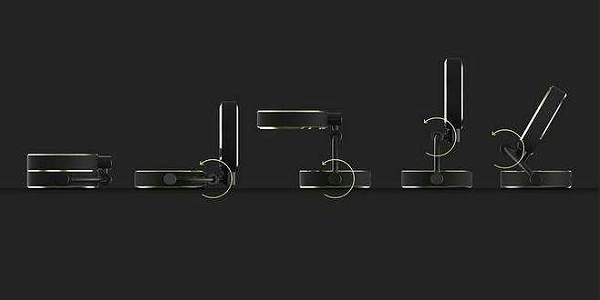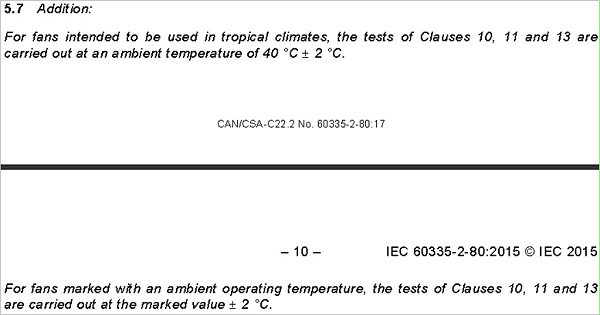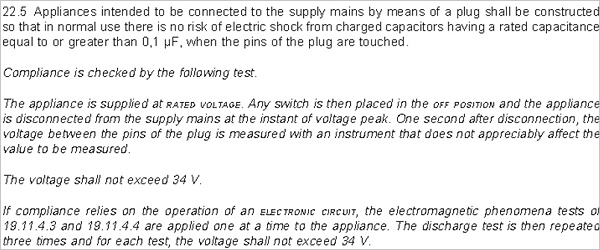In October 2018, the 11th edition of the CSA113 standard will replace the tenth edition. As a standard for fans and ventilation, the CSA113 standard immediately became a hot spot in the industry.
WALTEK This article interprets the main hotspots of the CSA113 standard, hoping to enable enterprise customers and manufacturers to understand the new standards more clearly and prepare for relevant testing and certification in a timely manner.

And this update replaces an important message that CSA113 removes the description and requirements of ceiling fans, table fans, floor fans, box fans, cooling fans, bench fans, partition fans, duct fans, and hoods. These are deleted. The product will be verified by another standard: the fan type product will be changed to CAN/CSA-C22.2 No. 60335-2-80.
What are the obvious similarities and differences between CSA113 and CSA60335-2-80?
1, the temperature rise part
The temperature rise of the CSA113 requires a voltage test of 104V & 127V; the CSA60335-2-80 is tested at 0.94 times and 1.06 times the rated voltage.
2, the material part
The original CSA113 requires 5VA material to be used under the exposed live parts; however, CSA60335-2-80 does not have this clause.
3, internal line requirements
The original CSA113 standard requires that the internal line be at least 18 AWG except for the 150 mm line of the motor. The internal line has at least 18 AWG; however, CSA 60335-2-80 does not.
4, structural requirements
CSA60335-2-80 adds information about the insulation system of the product, requiring only a basic insulated fan structure, and the metal housing needs to be grounded.

5, information problems
CSA60335-2-80 requires that if the fan environment is tropical, the label of the product needs to be T. The temperature rise test needs to be carried out according to the T value as the ring temperature.


6, increased testing
CSA60335-2-80 requires an electronic fan to be tested for plug discharge, which requires a voltage reduction of less than 34V in 1 second.


